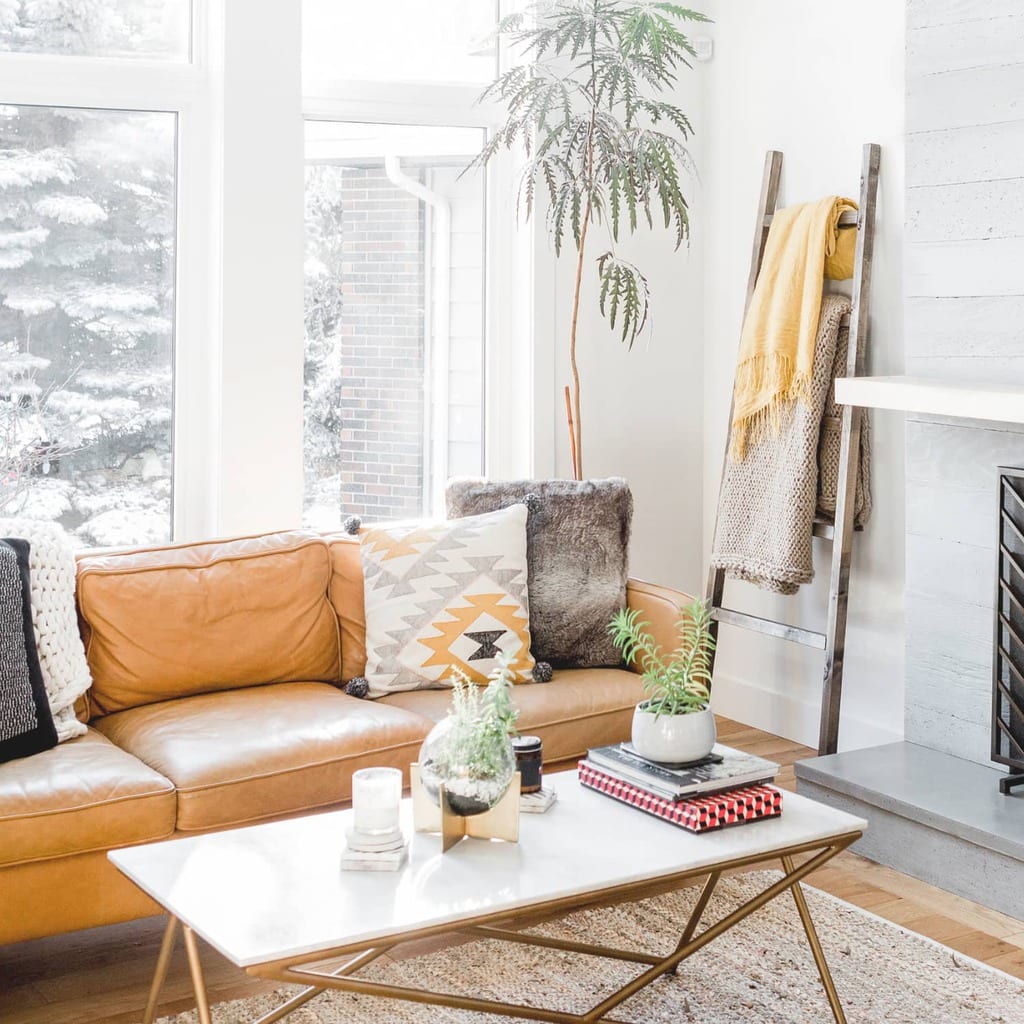Discovering the Long-Term Impact of Minimalism on Psychological and Emotional Well-being
Discovering the Long-Term Impact of Minimalism on Psychological and Emotional Well-being
Blog Article
Recognizing Minimalism: Techniques for Decreasing Clutter and Enhancing Clarity in Everyday Living
Minimalism is increasingly identified as a practical strategy to boosting quality and focus in today's cluttered world. By systematically evaluating our belongings and prioritizing intentionality, we can develop rooms that not only reflect our values yet additionally promote mental well-being. Using methods such as the "Four-Box" technique can assist in a more organized environment, yet real difficulty depends on growing a minimal frame of mind that sustains these initiatives. Discovering the subtleties of this viewpoint may expose surprising insights into exactly how you can transform your daily life. When you accept this willful simplicity?, what might you discover.
Specifying Minimalism and Its Advantages
Defining minimalism involves understanding it as a way of living option that highlights simplicity and intentionality in both physical ownerships and everyday regimens. At its core, minimalism urges people to prioritize what absolutely matters, permitting for a more meaningful and focused existence. By removing the non-essential, minimalism welcomes individuals to involve deeply with their surroundings and experiences.
It promotes psychological clarity, as decreasing clutter in one's setting can lead to lowered distractions and anxiety. Minimalism advertises monetary flexibility; by focusing on demands over wants, individuals can make even more educated purchasing choices, leading to potential cost savings and lowered financial obligation.
Ultimately, minimalism is not merely regarding worldly reduction yet includes an all natural shift in viewpoint, cultivating a life characterized by balance, satisfaction, and function. Embracing this way of living can result in profound adjustments in just how individuals regard and communicate with the world around them.
Analyzing Your Existing Mess
Mess often materializes as an overwhelming accumulation of products that no longer offer a function, producing an obstacle to accomplishing a minimalist lifestyle. Take note of details groups of items, such as clothes, publications, or kitchenware, as this will certainly help you comprehend the range of the clutter.

Additionally, think about the regularity of usage for each thing. If something has not served an objective in the previous year, it may be a prospect for removal. This assessment will certainly not just clarify your relationship with your belongings yet will certainly also establish the foundation for efficient decluttering in the future. Eventually, recognizing your current clutter is an important action towards welcoming minimalism and enhancing quality in your day-to-day living.

Practical Decluttering Methods
Having actually examined your existing clutter, the next action is to execute useful decluttering methods that facilitate a more arranged living room. Minimalism. One effective approach is the "Four-Box" strategy, where you assign 4 boxes labeled: maintain, give away, trash, and relocate. This method motivates quick decision-making and guarantees items are classified properly
An additional strategy is the "One in, One out" policy, which his response specifies that for each brand-new product acquired, an existing product should be gotten rid of. This principle assists maintain balance and prevents buildup with time. Additionally, take into consideration the "30-Day Minimalism Video Game," where you get rid of one thing on the initial day, 2 on the second, and so forth, cumulatively fostering a feeling of accomplishment.
Limitation on your own to a specific number of cherished things, enabling you to appreciate their significance without frustrating my link your area. By using these methods, you can develop a more peaceful and effective living space, eventually improving clearness in your everyday life.
Developing Intentional Rooms
Developing deliberate areas involves a thoughtful method to just how we layout and arrange our settings, ensuring each location offers a specific purpose and reflects our values. This practice is essential in growing a feeling of quality and objective in our every day lives. By critically analyzing the function of each room, we can remove distractions and enhance our overall wellness.
To produce deliberate spaces, start by recognizing the key activities that will certainly happen in each area. A home workplace should be created to cultivate efficiency, including elements such as adequate lights, comfy furnishings, and very little distractions. In comparison, a relaxation location should advertise peace, featuring calming colors and comfortable seats.
Furthermore, take into consideration the psychological impact of your environments (Minimalism). Incorporating personal things that resonate with your worths, such as artwork or plants, can enhance the link to your area. Routinely assess these atmospheres to guarantee they proceed to serve their designated function as your requirements advance
Ultimately, developing deliberate spaces has to do with making aware options that line up with your way of living, advertising harmony and efficiency in your living and functioning environments.
Keeping a Minimalist Mindset
Accepting a minimal way of thinking needs recurring representation and intentionality in our thoughts and activities. This approach entails cultivating understanding of our values and concerns, enabling us to filter diversions and concentrate on what absolutely matters. To maintain this way of thinking, normal self-assessment is crucial. Establish aside time to assess your dedications, ownerships, and even digital content, ensuring they align with your core concepts.
This shift in point of view urges recognition for simplicity, improving overall health. Incorporating mindfulness strategies, such as meditation or journaling, can additionally strengthen a minimal mindset by advertising clearness and reducing mental mess.
Furthermore, establish boundaries to shield your time and energy. Find out to state no to non-essential obligations and diversions that do not add to your individual growth. Border yourself with similar people that support your minimalist trip, as shared worths can boost inspiration and liability.
Verdict
In conclusion, embracing minimalism offers substantial advantages, consisting of minimized mess and improved quality in day-to-day live (Minimalism). By systematically assessing possessions and carrying out sensible decluttering techniques, individuals can create deliberate spaces that foster mindfulness and appreciation. Maintaining a minimal attitude requires you can try these out recurring assessment and commitment to simplicity, inevitably leading to an extra focused and fulfilling way of living. The principles of minimalism act as important tools for cultivating a setting that supports individual growth and wellness.

Furthermore, think about the "30-Day Minimalism Game," where you remove one product on the very first day, two on the 2nd, and so forth, cumulatively promoting a feeling of success.
In conclusion, accepting minimalism uses substantial advantages, including decreased clutter and improved clarity in daily life.
Report this page